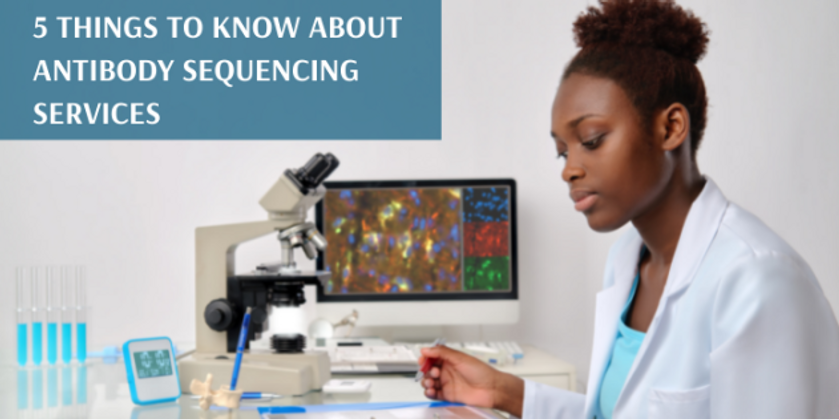5 Things To Know About Antibody Sequencing Services
May 31st 2022
5 Things To Know About Antibody Sequencing Services
Antibody sequences are essential for antibody engineering and protein characterization during the development of therapeutics. Users of antibody reagents can use sequence analysis/alignment to discover binding and cross-reactivity to construct practical experiments when they know the sequences.
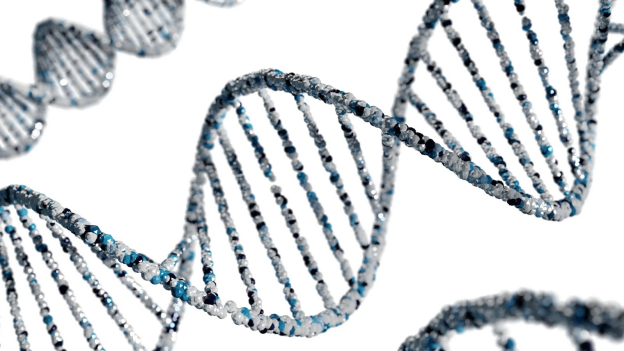
Photo by
Ashraful Islam on Unsplash
Antibody sequencing services various types of antibodies and data such as suppliers, usage data, and publication citations. These services are frequently utilized for repeatability purposes. Others, however, comprising sequences from immunoglobulin genes or sequenced antibody proteins, provide far more information for antibody engineering and characterization. Occasionally, specific genomes have not been sequenced, necessitating de novo antibody protein sequencing services to determine the sequence.
Since the advent of extensive study into various diseases and medical fields, it has become increasingly important to select a dependable antibody sequencing service. If you consider this approach, here are five significant reasons and a plethora of other considerations.
What Are Antibody Sequencing Services?
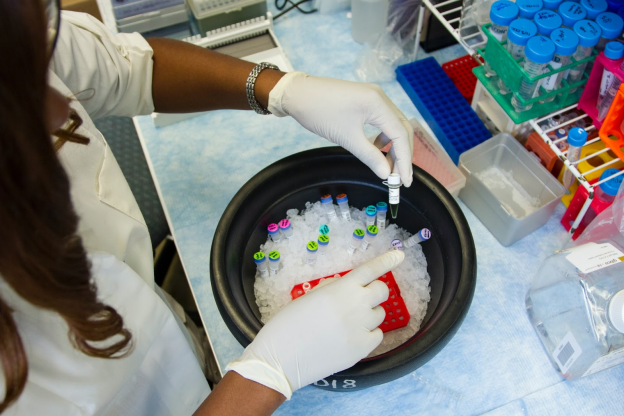
Photo by
National Cancer Institute on Unsplash
The ability of animal immune systems to produce antibodies that preferentially bind to antigens can be utilized to create probes for detecting compounds of interest in various experiments and analytical activities. No other modern method permits precise molecular recognition instruments to develop and produce.
Antibody technology is employed by most medical and cell biology researchers to conduct molecular analyses. Depending on their research needs, scientists will be concerned with antibody manufacturing and purification. Consider the industrial manufacture of antibodies for applications such as research.
Understanding Antibodies
Antibodies are immune system proteins that resemble folded polypeptides or amino acid chains with pathogen target sequences that recognize the binding site of a particular antigen. B-lymphocytes of the immune response generate antibodies that circulate in the bloodstream and lymphatic system, binding to their target antigen and eliminating it from the bloodstream. Antibodies are ideally suited to serve as probes due to the high antibody specificity and other essential features.
Custom Antibody Production
In the development of biotechnology and biosensors, the specificity of antibody-antigen recognition has multiple uses. These applications require exceptionally pure sources of antibodies. Hence the need for custom antibody production. Antibodies are commonly bonded to sensor surfaces or employed with tagged detection platforms to detect antigens.
These bespoke antibodies are classed as polyclonal, monoclonal, or recombinant antibody based on how they are manufactured and extracted. Antibodies. Polyclonal antibodies can detect many epitopes or sites on an antigen. Monoclonal antibodies are linked to a particular B-cell line and only remember a single antigen epitope.
Antibodies are produced directly by the body. However, bespoke antibody manufacturing is also possible through several antibody production steps. Using a 4mg immunogen, a high purity level is attained for custom antibody synthesis or custom protein production. Other custom biotech services apart from custom protein synthesis include custom DNA synthesis, custom gene synthesis, and recombinant protein expression.
Antibody Sequencing Services
Antibody sequencing services seek to determine the amino acid sequence of an antibody, which may be polyclonal, hybridoma-derived monoclonal, recombinant, or humanized. This application is especially crucial for the development of therapeutic antibodies. Mass spectrometry is typically used to sequence proteins and allows for end-to-end sequencing.
This also ensures a high level of precision and permits sequencing without prior knowledge of the DNA sequence. Through antibody de novo sequencing, contaminated or conjugated antibodies can also be sequenced with pretty reliable findings. It is possible to collect entire sequences for heavy and light chains and any unique outcomes.
Some providers may also provide sequencing of hybridoma. Therefore, it is required to visit the service provider's website to acquire additional information.
Different Methods for Antibody Sequencing
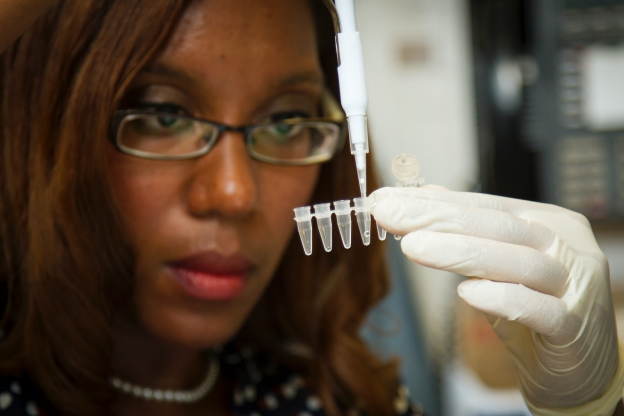 Photo by
National Cancer Institute on Unsplash
Photo by
National Cancer Institute on Unsplash
As stated previously, the mass spectrometry measurements of the protein molecule are the foundation of the sequencing technique. It simply requires 0.2 mg of protein. Additionally, you may be aware that there are multiple methods for sequencing antibodies. The antibody sequencing service provides a variety of advantages that are specific to each procedure. Listed here are the diverse techniques for sequencing antibodies:
Edman Sequencing
This technique has been around for several years now. It can be applied to the process of direct sequence determination if the amino acid resulting from the protein manufacturing process is less than fifty amino acids in length. It is only capable of handling low throughputs.
De Novo Sequencing
The amino acid sequence of an antibody can be accessible via de novo peptide sequencing or solid-phase peptide synthesis protocol as an alternative to the sequencing of the antibody's nucleic acids. After the sequence has been broken, it is put through tandem mass spectrometry, which determines the spectrum of mass-to-charge ratios each fragment possesses. Using bioinformatics tools that find overlapping sequences, the fragment sequences can be found, recognized, and reassembled into a single complete sequence.
Hybridoma Sequencing
The cDNA of the hybridoma cell line, which encodes the variable heavy and variable light (VH and VL) domains, is sequenced using this method. This is a well-established method, and if the cell line that produces the antibody of interest is accessible, it is also the method that results in the lowest overall custom antibody cost. In a typical scenario, the procedure necessitates the utilization of at least 0.2 mg of a monoclonal antibody that possesses a purity level of at least 95%.
After the analysis is complete, the deliverable will consist of a full report that provides the exact sequences of both the heavy and light chains and any other helpful comments, such as observing unexpected variants in the antibody. The time needed is generally between one and two weeks after receiving the sample.
Benefits of Certain Sequencing Methods
Some of these sequencing techniques, such as de novo sequencing, come with unique upsides such as:
- Antibody Reproduction Independent of the Producer Cell
Even if the hybridoma that originally produced an antibody is no longer in existence or cannot be accessed, the antibody can still be re-created through recombination with only 0.2 milligrams of monoclonal antibody protein. Even if this minimum requirement is not met, there may be other ways to accomplish the goal.
- Unrivaled Accuracy
Strong signal peak signatures are attainable in numerous readings of distinct peptides, which accurately identify each amino acid in the sequence. This allowed for the accurate identification of each amino acid.
- Sequencing of an Antibody from Beginning to End.
Because high-resolution mass spectrometry techniques with optimized settings and proprietary software for de novo sequencing of the antibody, it is possible to sequence the entire protein, from the N-term to the c-term, together with every amino acid.
- The Endeavor to Achieve Perfection
The technology is working toward perfecting mass spectrometric protein sequencing as its end goal. This has resulted in ongoing efforts to build an efficient methodology and software that will make it possible to sequence every protein (like in e.coli protein expression), regardless of how challenging it may be, while maintaining the highest quality standards.
- Multiple Uses and Applications
This technology, which is based on mass spectrometry, can sequence any type of antibodies, including IgA, IgM, IgG, IgY, Fab, ScFv, and so on, from all animal species, except for humans. These species include mice, rats, rabbits, and hamsters. Even antibodies that are polluted, conjugated, or contain distinct light chains in a pair have been successfully sequenced.
- High-Capacity Utilization
The de novo antibody sequencing method known as mass spectrometry can be helpful whether there is a single antibody molecule or hundreds of antibody molecules waiting to be sequenced.
- Offer a Complete Account
The utilization of this antibody de novo sequencing has frequently resulted in discovering unexpected changes in the sequencing or unique glycosylation sites on the protein molecule. These are things that are not picked up by DNA sequencing.
Other Forms of Sequencing
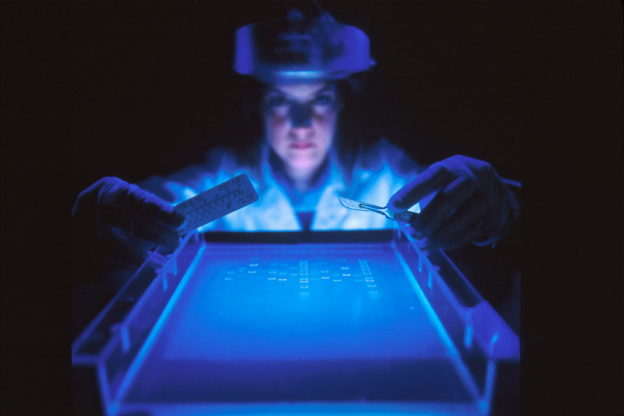
Photo by National Cancer Institute on Unsplash
Antibody Protein Sequencing
In some cases, however, it is too late for hybridoma sequencing because the cell line has been lost or is unavailable for some other reason. Recent developments in mass spectrometry technology have enabled the sequencing of proteins, provided that significant amounts of the protein are still present.
Monoclonal Antibody Sequencing
Monoclonal antibodies, often known as mAb, can be used in various contexts, ranging from research to the creation of innovative medicines. To begin isolating a mAb of interest, its production must first be stimulated in response to a specific antigen. In most cases, an animal is first subjected to the antigen. Then a hybridoma cell line is created by combining the cells that produce monoclonal antibodies with a myeloma cell line.
Following this step, individual hybridoma clones are separated and tested to determine their antigen specificity. This approach has the potential to be time-consuming as well as costly. Suppose the protein sequence is known, then during monoclonal antibody production. In that case, it can be recombinantly expressed, which allows it to be produced without animals or hybridoma cell lines, which are necessary for monoclonal antibody sequencing.
Additionally, recombinant expression of a mAb is highly repeatable, scalable, and may be done cost-effectively. This results in activity that is constant from one batch to the next. The solution to this problem can be found in the PEAKS AB de novo Antibody Protein Sequencing Service.
Polyclonal Antibody Sequencing
Until recently, it was impossible to sequence the products of polyclonal antibody production to provide a source of antibodies that could be accurately described and reproduced. 100 However, this is no longer the case. To provide a service for the immortalization of polyclonal antibodies, we have teamed with some of the most innovative leaders in the field.
Peptide Mapping & Mass Analysis
Although these tools are not interchangeable with the sequencing of antibodies by mass spectrometry, they can validate the correctness of the antibody protein sequences that have been identified.
The results of an intact mass analysis will inform us whether or not the experimental observation at the protein level is consistent with the molecular weight of the protein. Antibody sequencing services can benefit from peptide mapping since it enables them to determine whether or not the precursor peptides are as expected.
These approaches, however, have a limited scope and therefore are incapable of detecting the individual amino acids by themselves, which explains why they are not suitable for sequencing in and of themselves.
Advantages of Using antibody Sequencing Services
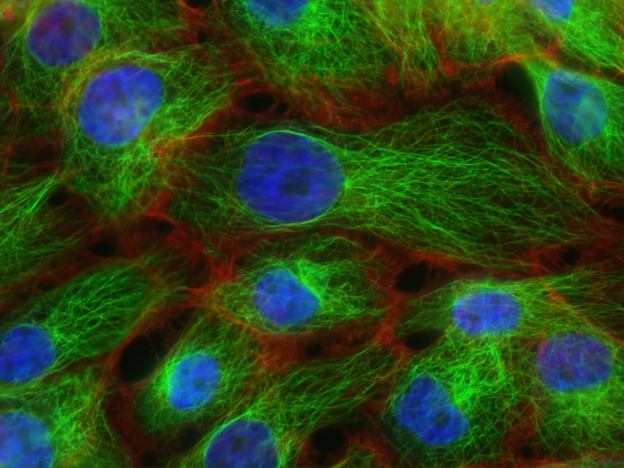
Photo by National Cancer Institute on Unsplash
Sequencing an antibody, whether a traditional or next-generation sequencing, helps get intellectual property rights for your deliverables. Doing so also increases the potential of your antibody by providing you with alternatives for antibody engineering. However, this is just a tiny portion of the proverbial iceberg. The following are five more significant advantages of using antibody sequencing services:
Comprehensive while Maintaining Reasonable Costs
You can obtain anything from a single sample to hundreds of models. Even some antibody sequencing services are also Elisa kit manufacturers. Meanwhile, the price per sample drops proportionately with the number of pieces ordered.
Extremely Dependable
In certain circumstances, at least four positive clones are chosen for Sanger sequencing, and sequence analysis is carried out to weed out any sequences that are not legitimate.
Quick response time
Some specialists offer express sequencing services that can be completed in as little as one week.
Service at a Single Location
From hybridoma sequencing to the manufacturing of recombinant antibodies, you can get a solution that addresses all of your needs in a single location. Some services can humanize non-human antibodies, and you might want to think about using those if you go with this choice.
Having a broad range of applications
These services can also design and sequence antibodies from several species like (mice, rats, humans, rabbits, hamsters, camels, sheep, etc.) and numerous antibody subtypes (IgG1, IgG2a, IgG2b, IgG3, IgG4, IgM, IgE, IgA, etc.) by relying on a specialist immunogenetics database and our highly experienced in antibody sequence analysis and design.
Conclusion
Outsourcing antibody sequencing and production is a much more lucrative option for several organizations, particularly if a biomedical company decides to purchase in-compounds later in the research process instead of directly contesting an unknown result. On the other hand, outsourcing is not without disadvantages if you don’t find the right provider. So apart from choosing an antibody production service, it is essential to consider how to select the perfect protein expression and purification services.

